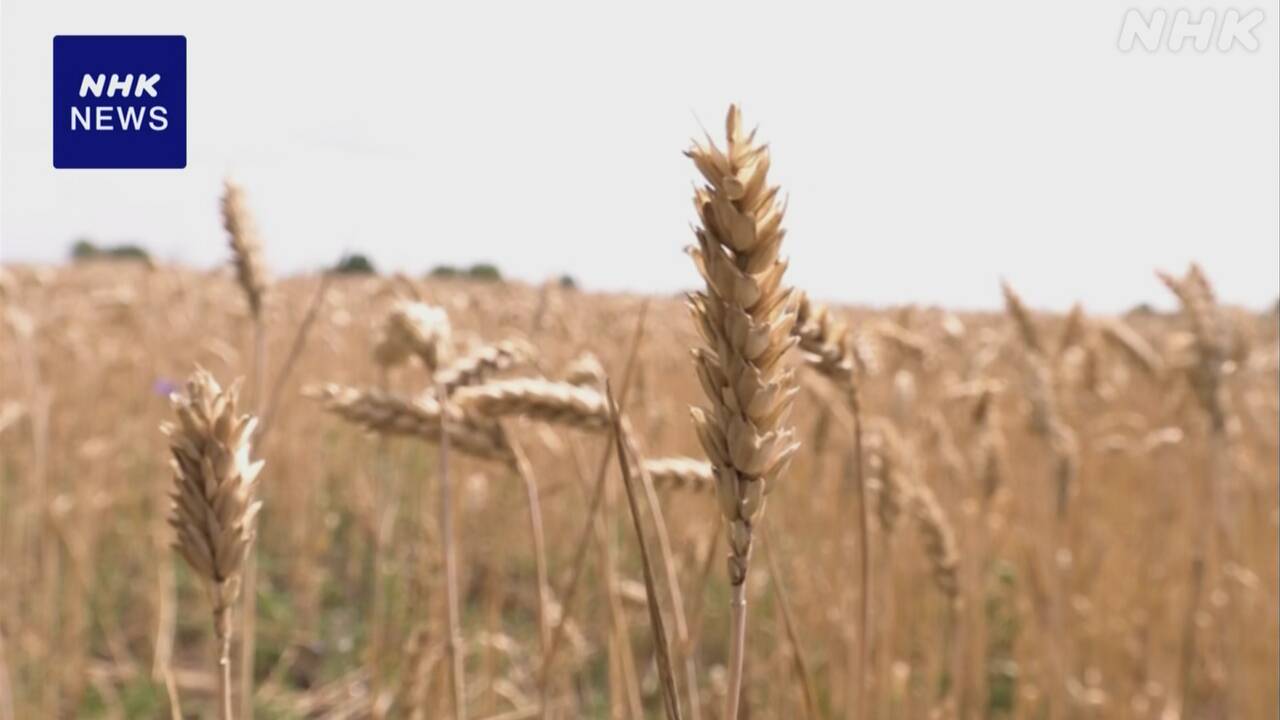As local farmers become increasingly dissatisfied with relatively cheap Ukrainian agricultural products flowing into the EU due to the European Union's support for Ukraine, the EU is imposing high tariffs on some agricultural products imported from Russia. He clarified his policy to impose such restrictions and demonstrated his stance of consideration for both farmers in the region and Ukraine.
The EU has suspended tariffs on imported goods as part of its support for Ukraine since the start of Russia's military invasion last year, but as a result, relatively cheap Ukrainian agricultural products have been flowing into the region. Farmers are becoming increasingly dissatisfied with the situation and are holding protests across the country.
Against this backdrop, the EU announced on the 22nd that it will impose high tariffs on some Russian agricultural products, citing the possibility that Russia will significantly increase exports of agricultural products in the future.
Although the EU has not sanctioned Russian agricultural products, the latest measures restrict imports and effectively have the effect of sanctions for internal markets.
On the other hand, in order to ensure food security, Russian agricultural products exported to other parts of the world will be allowed to transit through the region as before.
The EU says that with this measure, it will protect farmers in the region and also prevent the import of agricultural products from regions of Ukraine illegally occupied by Russia, demonstrating its stance of consideration for both farmers in the region and Ukraine.
Russian Presidential Spokesman: ``European consumers will definitely suffer''
On the 22nd, Russian Presidential Spokesperson Peskov criticized this, saying to reporters, ``This is a clear example of unfair competition.''
He went on to state that ``European consumers will definitely suffer,'' and argues that imposing high tariffs on agricultural imports from Russia would be detrimental to people within the EU.

